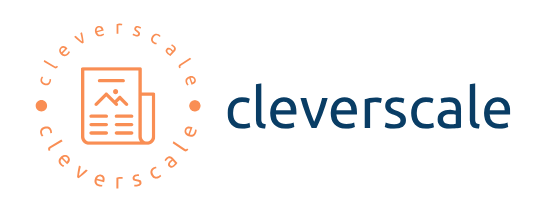7 Signs That You’re Ready To Become An Entrepreneur
 Have you been bitten by the entrepreneurial bug? Are you an 8-to-5 employee bored to death at work wishing you could do something more in your life? If you’ve already got a rough sketch of your business plan but still undecided if you will push through, here are some signs
Have you been bitten by the entrepreneurial bug? Are you an 8-to-5 employee bored to death at work wishing you could do something more in your life? If you’ve already got a rough sketch of your business plan but still undecided if you will push through, here are some signs

 One of the biggest mistakes that aspiring business owners make is overlooking the importance of digging deep into what their true motivations are for starting a business and if their life is truly ready for this change. They get so busy in trying to figure out the logistics involved in
One of the biggest mistakes that aspiring business owners make is overlooking the importance of digging deep into what their true motivations are for starting a business and if their life is truly ready for this change. They get so busy in trying to figure out the logistics involved in